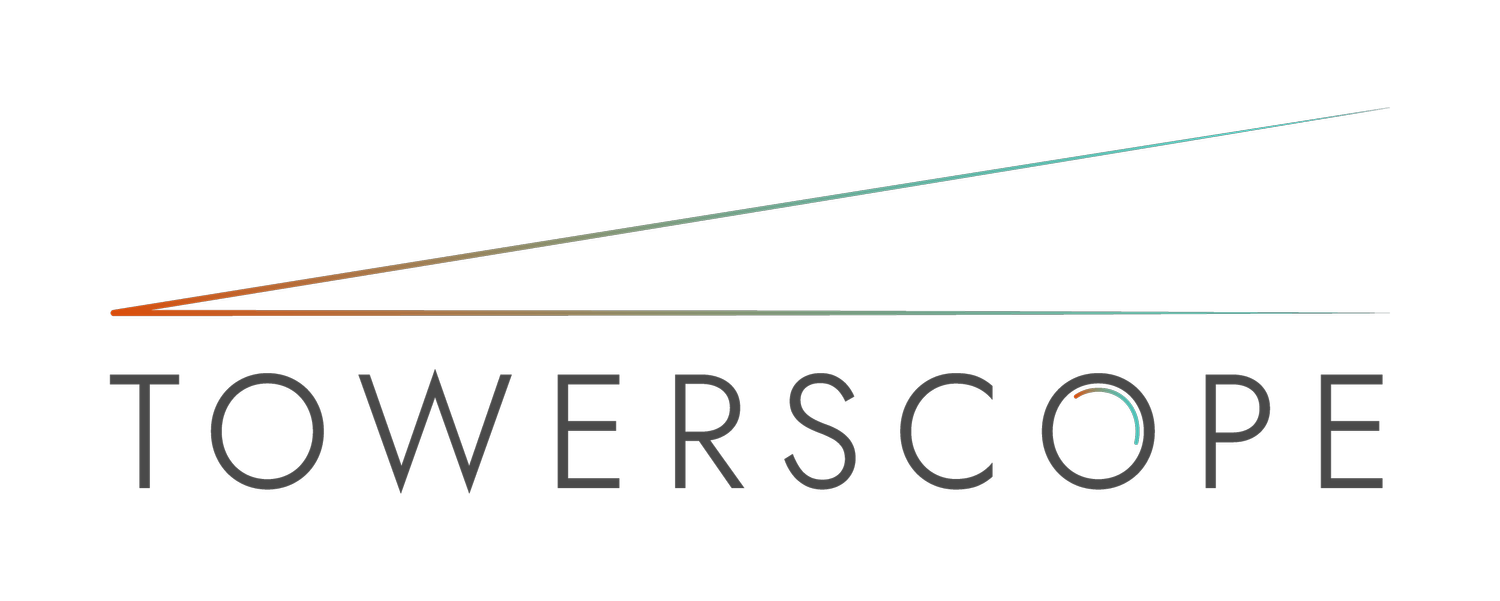One of the top questions I work on with individuals as a leadership coach and consultant is around making strategic career decisions.
I see it most with people at the early career “quarter-life crisis” (a questioning of our identity and direction in life around the mid-20’s to 30’s) and after 10 years of work experience within a field.
However, the “Great Resignation”, which is now seen more as a “Great Exploration,” “Rethinking,” or “Reshuffling,” has added new shift in how people think about career decisions.
While the desire to switch jobs or careers has always been about seeking more money, better benefits, or career advancement opportunities, the pandemic has created new thinking about our relationship with work as part of our identity.
According to LinkedIn’s survey of millions of members across 200 countries, flexibility, inclusive workplaces, and work-life balance have increased in priority over the course of the last 2 years.
Deloitte’s research adds elements such as belonging, connection, impact and meaning as increasing important priorities, with the US Chamber of Commerce adding that these are especially important among Millennials and Gen Z generations.
You can easily see that while there are more career options now (e.g., remote opportunities, more types of jobs), the stakes feel higher for making career decisions when those decisions are more closely tied to identity (personal values, belonging, meaning) than only to transactional needs (money, benefits, advancement).
Having more options doesn’t really help you make these decisions more easily. In fact, research shows that humans experience overwhelm, disillusionment, and decision-paralysis when faced with too many options.
Too many options causes us to second-guess and overthink, leading to feeling stuck and not moving in any direction.
How do we override this decision-paralysis?
Much of the problem is that we actually do not have all the information we need when we are faced with new opportunities. This keeps us stuck wondering if we should even apply.
It’s the lack of information that keeps us stuck with how to make important decisions that could change the course of our careers.
How do you gather sufficient information to make a decision about moving forward in one direction or another?
You need to at least apply to jobs that appear interesting instead of getting stuck in analysis paralysis about whether to apply. Here’s why:
Applying to a job is not an agreement to take the job. Applying is simply one step of many. You can stop the application process at any time you feel have gotten enough information to make a decision.
Applying to a job that seems interesting will give you more information than you have now. The act of applying provides more information than you can access from personal reflection alone. For example, you might learn after an interview that you don’t like the work culture, the people were too rigid, the work sounded too fast-faced, or that the actual tasks were not as compelling as the job description. I recall in college thinking I wanted to be a mathematical actuary for an insurance company but quickly realizing halfway through the internship interview that it would actually be a terrible fit. I didn’t get the internship, but I call that a successful interview because it helped me make an important decision about my career path!
Applying helps you learn new skills and expand your network: Applying on a regular basis keeps your interviewing skills up and provides you with new information about the job market, trends, and new opportunities. It also helps others get to know you so that even if that job isn’t a great fit, they might reach out to you for other roles.
Applying helps you to reflect more clearly about what is most important to you. While you are applying, you might realize you have a pretty great job already, which will feel reassuring and help you re-engage in your current work. Or you may realize you have gotten complacent and not reaching your potential. If this is an internal job for a higher-level position and you don’t apply, you realize you would prefer to get the job rather than it being offered to a less-qualified candidate that would affect your job satisfaction!
Applying gives you the opportunity to understand your potential career growth. Could this job give you something compelling that you don’t realize? Early in my career, it was hard for me to imagine much more beyond being a counselor or psychologist because in school, they teach you the basic foundation of the field. It was only later that I learned from exploring many roles and opportunities that I could be a manager, leader, entrepreneur, speaker, or author with the same skills. And it was only by trying different kinds of roles that I learned what job could give me more freedom, autonomy, independence, responsibility, or flexibility, and how I felt about all that. It gave me windows into potential avenues previously unknown to me.
Applying opens up the opportunity to negotiate what’s there. What a job description says does not mean it’s the final word on what it could look like. If you get an offer for the job after applying, you have the opportunity to negotiate for more of what you need. For example, you could ask, “Could I work 4 days a week for longer periods of time? Could I work from home 2 days a week? Could I come in later on Mondays and Thursdays to take my child to school?” These are things you can ask and negotiate for after getting an offer. If you realize these are all the changes you would need to be happy and stay in your current job, you can also ask your current boss the same questions.
Applying opens up the opportunity to shape what isn’t there yet. If you are applying to a position that has just been created, there is a lot more flexibility to shape it in a way that fits your interests and strengths.
What do you have to lose? What can you gain by trying?
If you have found yourself wanting a change or seeking a new opportunity that better aligns with your priorities, the best way to open those doors is to first take a peak behind each door.
Get more information from the application process and evaluate the information you gather against what you know is important. It will move you at least one step further from where you are right now and help you become a more strategic decision-maker over time.
This blog was originally published on ThriveGlobal on 8/26/2022. All rights reserved, Copyright 2022 Mira Brancu/Towerscope.

